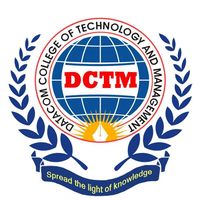Embedded System training is offered by Datacom IT Institute. Whether you are new to the computer industry or are looking to improve your skills and be an IT expert we have the right course for you.

Embedded System training is offered by Datacom IT Institute. Whether you are new to the computer industry or are looking to improve your skills and be an IT expert we have the right course for you. Well-qualified, experienced certified instructors train the participants with easy-to-use step by step training material in the most optimized period of time.
Syllabus:
Get the best hands-on training in Digital Marketing ,Machine Learning, Artificial Intelligence, Java,Python,Angular JS training in Datacom IT Institute, Guwahati.
We provide a wide range of courses including UI Development, MongoDB, ReactJS, NodeJS, Python Training, Django, Web Development, JavaScript, Data Analytics, Spring and Hibernate, Testing Live Projects. 100% placement assistance.
© 2025 coursetakers.com All Rights Reserved. Terms and Conditions of use | Privacy Policy